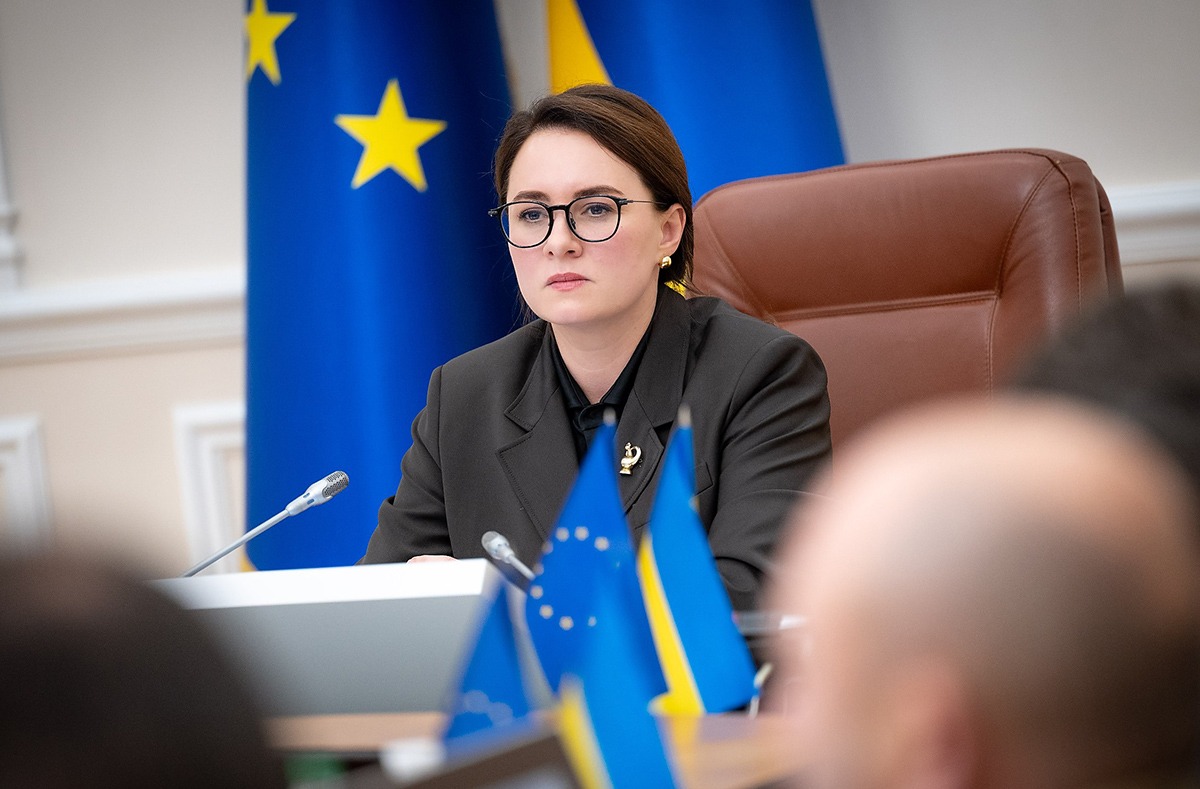Post-War Ukraine Looks to Lead Food Supply for Europe and Beyond

Post-war Ukraine has a unique opportunity to transform its economy by using agricultural processing and the extraction of strategic minerals as key drivers of growth and integration into global markets. This, along with other drivers of the post-war Ukrainian economy, is analyzed by Igor Popov in his article “Drivers of Economic Growth for Post-War Ukraine”.
After the war, Ukraine needs to rethink its role as the “breadbasket of Europe,” moving from exporting raw materials to value-added products such as food concentrates, biofuels, and finished products. This will reduce logistical risks and increase the profitability of the agricultural sector.
According to the World Bank, the development of agricultural processing could increase export revenues by 2-3 times without expanding the area under cultivation.
“Given that the EU is gradually integrating the Ukrainian agricultural sector into its own market, the prospect opens up of transforming Ukraine into a powerful center of food security for Europe, the Middle East, and Africa,” the author writes.
The extraction and processing of strategic minerals—lithium, uranium, titanium, and graphite—which determine the future of electric vehicles, nuclear energy, and the defense industry, will also be a key factor in economic growth.
In addition, demand for lithium will grow 40-fold by 2040, making Ukraine an important supplier for Europe's “green transition.” According to the expert, developing its own resource processing guarantees maximum economic effect and prevents a “resource colony” scenario.
Beyond agro-processing and strategic minerals, Ukraine’s post-war economic growth will be driven by its defense-industrial complex and modernized transport infrastructure, offering investors and policymakers the opportunity to build a competitive economy integrated into global markets.
Read the full article by Igor Popov on The Gaze: “Drivers of Economic Growth for Post-War Ukraine”